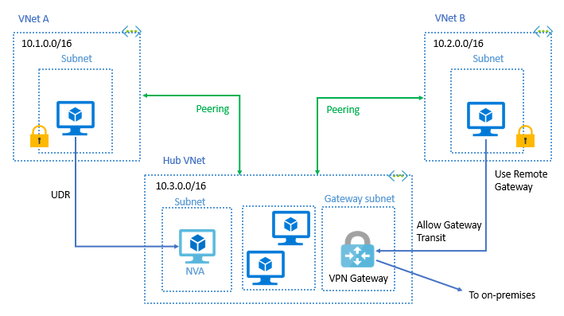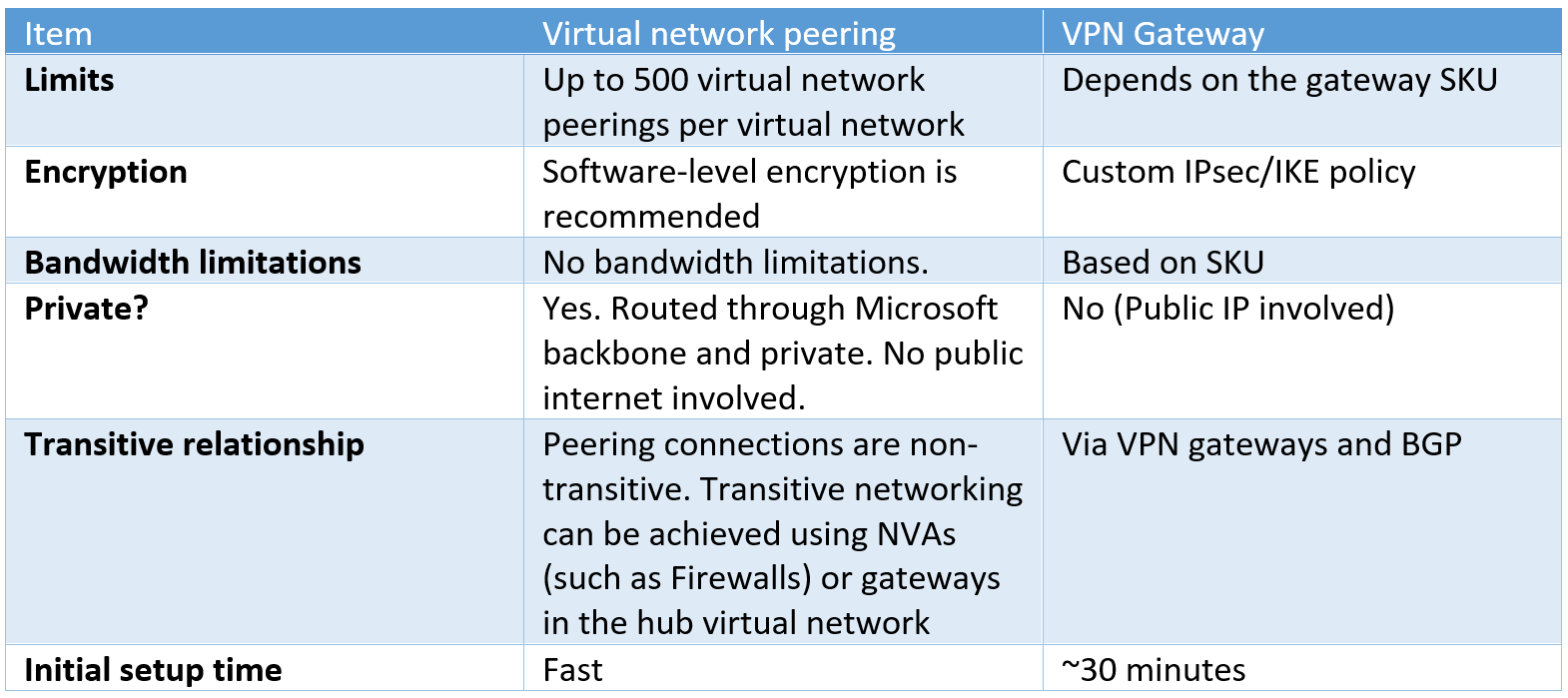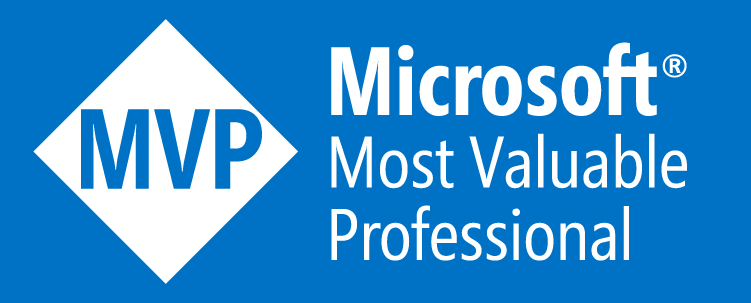|
A virtual network is nothing but, like On-premises network which we use switches and routers to communicate with servers and clients as same as Azure VNet is also used for communicating with azure resources. (Virtual Machine, Databases, etc.) Before we start you have to know more about the vNet and the Subnet and how it works: Subnetting is the process of dividing a network into small networks,
Overview Virtual network peering. Virtual network peering connects two Azure virtual networks. Once peered, the virtual networks appear as one for connectivity purposes. Traffic between virtual machines in the peered virtual networks is routed through the Microsoft backbone infrastructure, through private IP addresses only. No public internet is involved. You can also peer virtual networks across Azure regions (global peering). Why use Peering Service? Enterprises looking for internet-first access to the cloud or considering SD-WAN architecture or with high usage of Microsoft SaaS services need robust and high-performing internet connectivity. Customers can make that transition happen by using Peering Service. Microsoft and service providers have partnered to deliver reliable and performance-centric public connectivity to the Microsoft cloud. Some of the key customer features are listed here:
Capabilities
VPN gateways. A VPN gateway is a specific type of virtual network gateway that is used to send traffic between an Azure virtual network and an on-premises location over the public internet. You can also use a VPN gateway to send traffic between Azure virtual networks. Each virtual network can have at most one VPN gateway. We can communicate with Azure to On-Premises by the help of VPN Gateway. VPN Gateway is like normal VPN, it is used to communicate with Azure resources. Comparison of virtual network peering and VPN Gateway Which one to use?
Typical scenarios
Conclusion
Azure offers VNet peering and VNet gateways to connect VNets. Based on your unique scenario, you might want to pick one over the other. We recommend VNet peering within region/cross-region scenarios.
0 Comments
Leave a Reply. |
Author
Mohammad Al Rousan is a Microsoft MVP (Azure), Microsoft Certified Solution Expert (MCSE) in Cloud Platform & Azure DevOps & Infrastructure, An active community blogger and speaker.
Al Rousan has over 8 years of professional experience in IT Infrastructure and very passionate about Microsoft technologies and products. Top 10 Microsoft Azure Blogs
Archives
September 2023
Categories
All
|






 RSS Feed
RSS Feed
